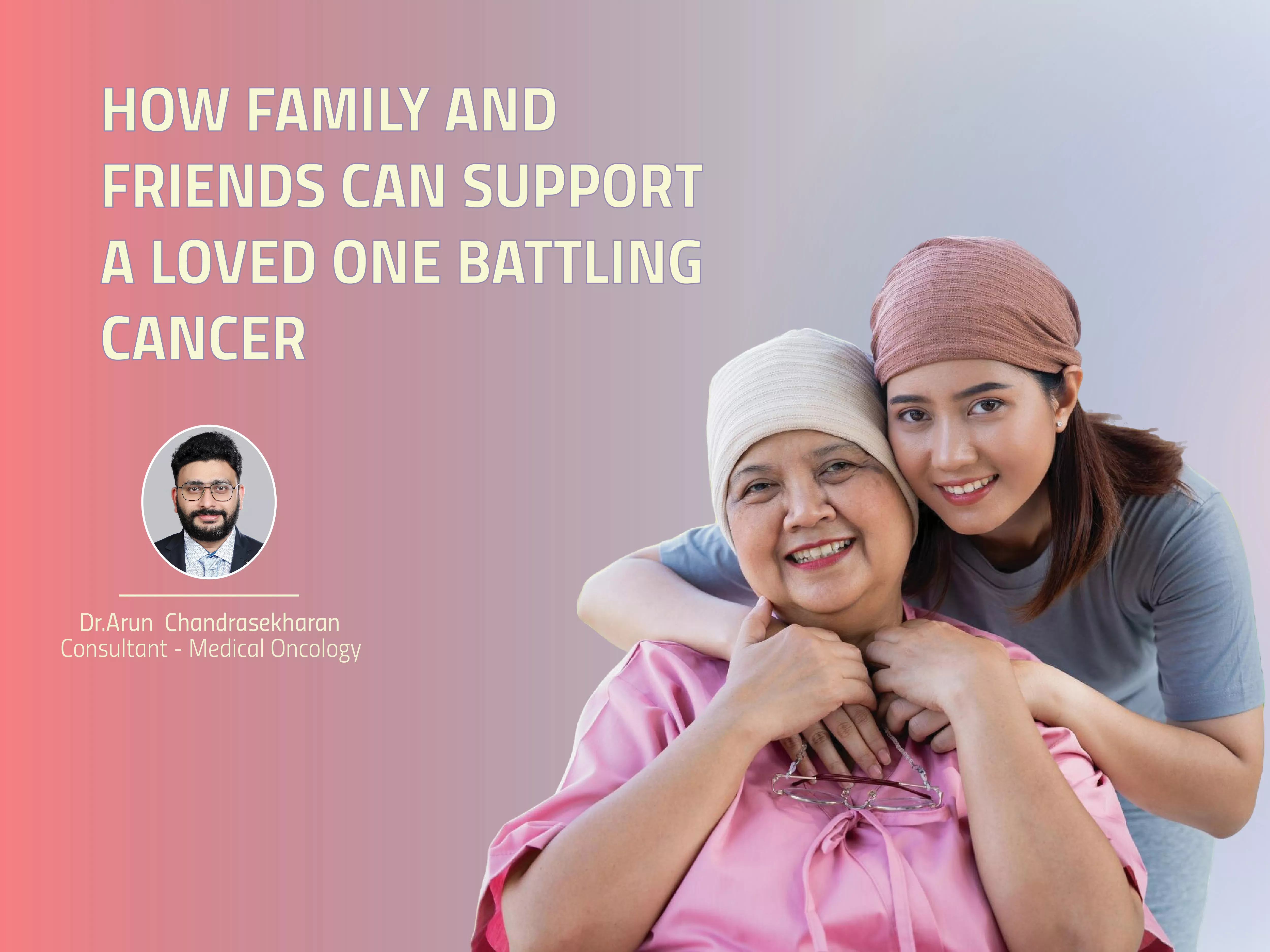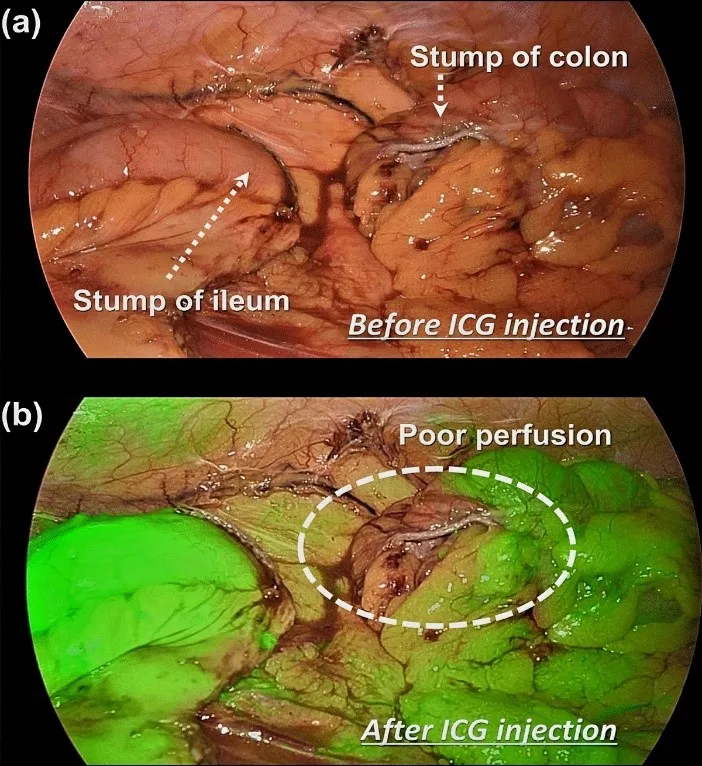Eating nutritious food is essential for everyone to be healthy. However, for someone going through cancer treatment, this consideration is all the more important. Eating well often comprises of guidelines such as consuming seasonal vegetables and fruits, reducing processed and fatty food, and limiting sugar and alcohol.
While these are simple practices, they can be difficult for someone getting treated for breast cancer or any other cancer form. Certain cancer symptoms and the body’s response to treatment can lead to severe nausea, appetite loss, and other factors that make eating well a challenging task.
Importance Of Eating Well During Cancer Treatment
Maintaining a healthy weight and meeting your daily nutritional requirements are crucial during cancer treatment to stay as healthy as possible. A healthy diet can mitigate the side effects of cervical cancer treatment, reduce the risk of infection, help you heal faster and maintain your energy levels.
The contents of a healthy diet may differ based on the type of cancer, symptoms (breast cancer symptoms may impact the diet far differently than stomach cancer requiring a different set of guidelines), side effects, medical history, age, and overall health of the individual. Your care team at a cancer hospital in Kolhapur can help get you in touch with a nutritionist to better plan your diet as per your situation.
Here are some important nutritional considerations that can help you eat well during cancer treatment.
Nutritional Recommendations During Cancer Treatment
1. Keep yourself hydrated
Try and drink plenty of water throughout the day. If the water tastes metallic and is tough to drink, infuse it with a small piece of ginger or little fruit juice. Mouth sores may make it difficult to have anything citrus so avoid adding lemon to the water. You can even opt for soup, juices, and other sugar-free forms of hydration.
2. Add flavourings to your food
A common cancer symptom during treatment is changes in taste. A lot of food seems bland while adding citrus or spice is difficult due to the mouth sores. Get some flavourful seasonings with thyme, rosemary, and other herbs that can help elevate the flavour of your food.
3. Eat softer food
For a lot of people, chewing food with a lot of texture can be difficult. In such cases, be sure to cook your food longer till it is softer. This makes it easier to eat as well as digest during periods of low activity. Thick soup which includes the fibre of the vegetables is also a good idea.
4. Eat smaller meals
Instead of 3 main meals, opt for 6-7 smaller meals in the day. The focus here needs to be on getting all the essential vitamins, minerals, carbohydrates, fats, and proteins in your diet across these multiple meals. Your care team at a cancer hospital in Kolhapur can help you create a sustainable meal plan.
5. Pay attention to weight change
Slight changes in your weight are expected. Everyone reacts to cancer treatment differently. Some may gain weight while others may lose weight. However, any drastic changes should be brought to your doctor’s attention immediately. Gaining or losing excess weight can be a sign of nutritional deficiency which should be corrected timely to ensure you are in your best health to deal with the treatment.
6. Stay physically active
Try to take a short walk every hour or do whatever physical activity you can. Constantly sitting or sleeping can make you feel worse, impact your digestion, as well as affect your appetite. Talk to your care team about what physical activity is suitable.
7. Check with your care team about supplements
In certain cases, you may not be able to meet all your nutritional requirements through food. Before taking any supplements, talk to your care team and oncologist. Bear in mind, every cancer treatment is different and certain supplements can be tougher for your body to process. Monitoring the supplement dosage is also crucial so avoid taking anything before checking with your care team even if it is otherwise considered safe.
Conclusion
A nutritional diet is important for good health. This is even more critical when your body is going through cancer treatment. Ensuring adequate nutrition can help keep cancer symptoms and side effects at bay while strengthening your body to better respond to treatment protocols.







